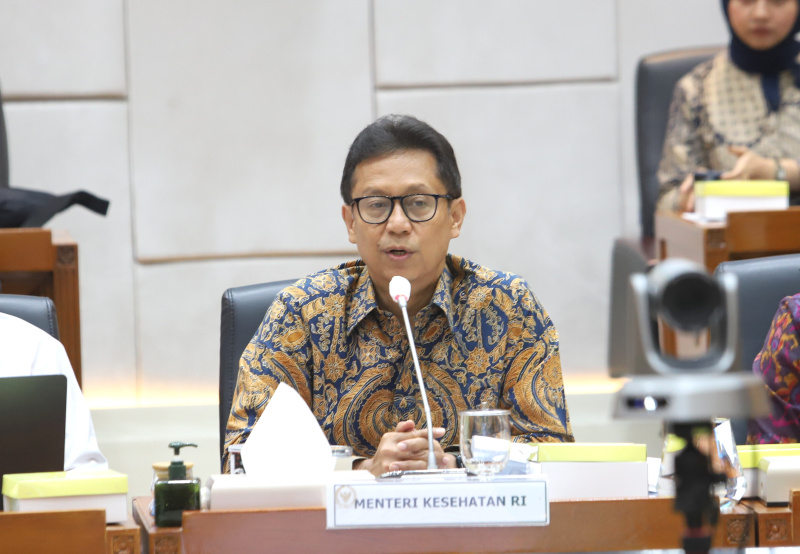30% of Indonesians May Suffer from Mental Illness, Health Minister Reports
Indonesia’s Health Minister, Budi Gunadi Sadikin, has revealed concerning statistics about the mental health crisis in the country. During an event hosted by IDN Times at Menara Global, Jakarta, on January 16, 2025, Sadikin estimated that 30% of Indonesia’s 280 million population may suffer from mental illnesses. This issue, he admitted, has long been overlooked in the nation’s healthcare agenda.
“Mental illness has never been properly assessed or measured. Our estimate is that around 30% of Indonesians may be affected,” said Sadikin. He also highlighted alarming results from a mental health screening conducted among medical professionals undergoing specialist training (PPDS). According to the data, 13% of these individuals expressed suicidal thoughts, with depression rates significantly high even among the highly educated.
“This proves that mental health issues are pervasive, even among the most educated. We plan to expand mental health screenings to schools,” Sadikin added.
Mental Health Concerns Among Indonesian Students
A recent study conducted by the Health Collaborative Center (HCC), Focus Kesehatan Indonesia (FKI), and Yayasan BUMN’s Mendengar Jiwa Institute has shed light on the troubling state of mental health among high school students in Jakarta. The research, led by Dr. Ray Wagiu Basrowi and his team, found that 34% of high school students in the city exhibited signs of mental health issues.
The study revealed that 3 out of 10 students frequently displayed emotional disturbances, including anger and aggression. According to Basrowi, these findings underscore the urgent need for further investigation into the emotional well-being of urban adolescents.
“This data highlights a prevalence of emotional and psychological disorders among high school students in Jakarta, exceeding prior hypotheses and studies,” Basrowi stated in a press release issued in December 2024.
Call to Action for Mental Health Awareness
The findings serve as a wake-up call for policymakers and educators to prioritize mental health initiatives in schools and communities. Sadikin emphasized the importance of integrating mental health education into school curricula and providing early intervention programs for students. This approach aims to identify at-risk individuals and prevent the escalation of mental health issues.
Moreover, the data from HCC and FKI highlights the importance of creating safe spaces where students can discuss their mental health without fear of stigma. The involvement of institutions like Yayasan BUMN’s Mendengar Jiwa Institute indicates a growing commitment to addressing these challenges.
Looking Forward
As Indonesia continues its journey toward improved healthcare, tackling mental health must become a priority. The government’s acknowledgment of the issue and initiatives such as school screenings and collaborative studies reflect a positive step forward. However, addressing the systemic barriers to mental healthcare, including stigma and lack of resources, remains essential for long-term progress.
By fostering awareness and providing adequate support systems, Indonesia can pave the way for a mentally healthier future. The time to act is now.
Read More






 Thursday, 05-02-26
Thursday, 05-02-26







